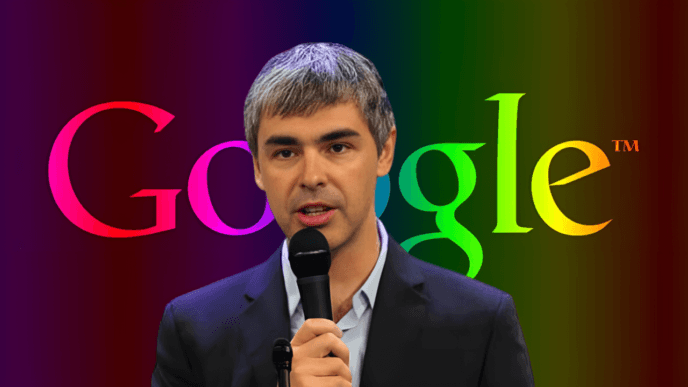The online casino industry isn’t new, and it’s far from easy to crack. With market revenues projected to hit around $87 billion in 2025, it’s a highly competitive, fast-paced world. But for bold online casino startups, that doesn’t mean the game is over—it just means the rules are tougher.
Success in this space demands more than just launching a flashy website with a few games. Startups must blend innovation with rock-solid execution to stand out. The good news? There’s still room at the table—if you know how to play the right hand.
Find and Own a Niche Audience
Trying to appeal to everyone is a losing strategy. Instead, the smartest casino startups are carving out their own lane by targeting niche players. One standout way to do this in 2025 is by embracing cryptocurrency.
Crypto casinos are gaining traction as digital currencies continue their mainstream climb. Startups that support crypto payments—and withdrawals—are tapping into a tech-savvy, privacy-conscious crowd. What makes crypto so appealing?
- Faster transactions than traditional banks
- Low fees and no foreign exchange hassles
- Enhanced user privacy and anonymity
- The potential for provably fair gaming systems
Crypto also gives startups a clear brand identity, making them memorable in a sea of sameness. With more users holding and spending digital assets, the appeal of crypto-first platforms is only set to grow.
Create an Unmatched User Experience
In a market flooded with options, one glitchy interface or clunky menu can send a player packing. Today’s users expect seamless experiences—and they have no patience for anything less.
Startups should invest heavily in UI/UX design from day one. Make the platform intuitive, responsive, and sleek across all devices. Better yet, go mobile-first. Most players now gamble on their phones, so prioritizing mobile performance isn’t optional—it’s critical.
Designing an experience that feels native to mobile will help startups meet users where they are, with zero friction.
Offer Games That Keep Players Coming Back
Having a small catalog of games just won’t cut it anymore. Gamblers want variety—and they want fresh experiences that aren’t just re-skinned versions of what they’ve already played elsewhere.
Partnering with big-name game developers like NetEnt, Microgaming, or Playtech can quickly elevate a startup’s reputation. But beyond that, offering exclusive titles or rare game types is even more valuable. When players know they can’t get a certain game anywhere else, they have a reason to come back—and to spread the word.
Original games don’t just attract attention—they help build a brand identity that sticks.
Gamify Everything
Gamification isn’t a gimmick. It’s a proven way to drive engagement. Think of it like adding a second game on top of the core experience—one that rewards loyalty and sparks competition.
Elements like leaderboards, daily bonuses, achievements, and leveling systems make the platform feel dynamic and alive. Even something as simple as a daily login reward can keep players checking in.
When you reward behavior, you build habits. And that’s exactly what successful casino platforms do.
Be Flexible With Payments
If your payment options don’t fit a user’s preferences, you’ll likely lose them before they even get to the fun part.
Online casino startups in 2025 must go beyond credit cards. Players want flexibility and speed—so offer:
- PayPal and other popular e-wallets
- Prepaid cards or vouchers
- Full crypto support (Bitcoin, Ethereum, etc.)
- Mobile-friendly options like Apple Pay or Google Pay
When users see that their preferred payment method is available, it builds trust—and removes a major barrier to entry.
Rising Above the Noise
So, can an online casino startup still find success in 2025? Absolutely. But you’ll need more than just a good idea. You’ll need to over-deliver on service, embrace what makes your brand different, and anticipate what players want before they even ask for it.
The online casino market may be crowded, but it’s not closed. For startups willing to innovate, adapt, and invest in quality—there’s still plenty of room to win.













